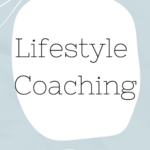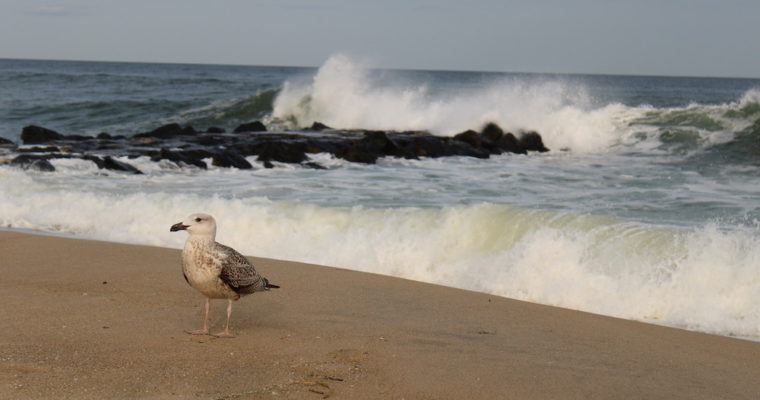Humans have a hard time admitting we play a part in the problems we’re experiencing. Our egos get in the way. The problems could be anything. Ranging from trouble sticking to healthy habits and going after personal goals, to problems in relationships with others. It’s easy to put the blame on someone else. To find the faults in others. It’s harder to realize and acknowledge we are part of the problem. Sometimes we are wrong. Sometimes we are the person whose judgment is clouded. Sometimes we are unable to see a situation objectively.
It’s easy to list reasons why external circumstances get in the way of achieving something. Your kids needed your attention so you couldn’t workout, your boyfriend made you sad so you couldn’t study. But the truth is, you’re an adult. The only person in control of what you do is you. You are the only person who can make arrangements and put systems into place to make sure you succeed in your goals.
Others can’t control your reactions to external circumstances, only you can do that. You choose to let yourself become upset over other’s actions, over the news, over your boss’ critiques. You don’t have to attach emotions and react to every situation you encounter. Circumstances are neutral, we are the ones who attach meaning and emotions to them. You can take control of a situation. You can assure nothing gets in the way of what you set out to do.
The same goes for personal relationships. Relationships are a two way street. If you’re constantly having fights with your mother, look at the possibility that maybe you have something to do with that. If you and your partner are constantly arguing over your partner not helping with household chores, look at the part you may be playing in that. Be honest with yourself. How are you approaching these topics? Are you defensive? Are you overly critical? Do you jump to anger? We can control how our interactions with other people go. And we can control the emotions and meanings we attach to those interactions. Our partner doesn’t make us upset; we choose to become upset. We take the neutral circumstances of our partner not helping with household chores and attach meaning and emotion to it. This realization takes a level of honesty with yourself that is hard at first. No one wants to blame themselves. Yes, our feelings and emotions are valid but circumstances are neutral until we give them meaning. And sometimes the meaning we attach to neutral circumstances are not serving our higher good.
No one wants to see themselves as part of the problem. But this is our life. If something is causing us to be unhappy, we one hundred percent play a role in that. Take solace in the fact that we always have the power and control to make a change.










